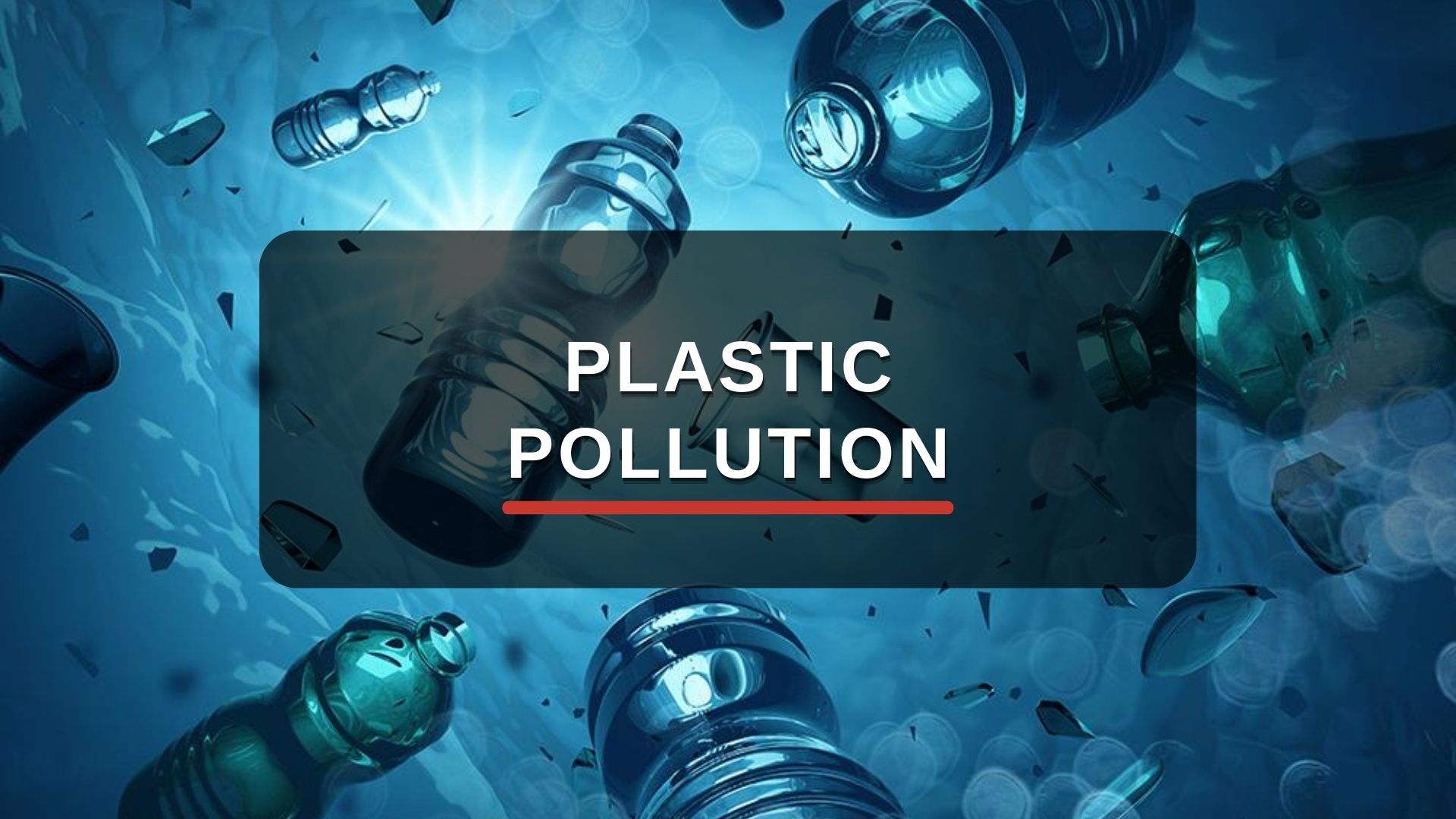
At this point, it is important for us to realise that plastic pollution is a growing global menace, and it should be addressed. The global volume of mismanaged plastic is expected to quadruple by the year 2030, in comparison to 2020.
We have many numbers of NGOs & innovators developing digital solutions for this unprecedented challenge. There are a lot of individuals driving change towards whole thought process of why we need to Recycle-Reduce-Reuse. This includes prominent entities, idols, and influencers alike.
More than half the world is busy trying to find solutions for the existing pile of rubbish. What we need are more production environments to lean towards simplifying and standardising their products. Eventually, all the plastic products we produce should be easier to recycle and reduce. This means bringing changes in specific to design and manufacturing phase.
The 21st century has achieved several milestones on production, recycling, and reusing plastics. Yet there are noteworthy mentions that have made or have conceptualised change that is simply revolutionary. Let us look at a few of these.
-
ByBlock by ByFusion (Los Angeles)
This company has developed a machine that turns single-use plastics into “ByBlock.” ByBlocks are similar in size and shape to the concrete blocks we use during construction. ByBlocks are made entirely of reclaimed plastic waste and is moulded with the dimensions of a hollow cement block.
The company has taken it a step further as they become carbon neutral themselves. As per the team, their systems, and manufacturing process is all electric. The company is selling both its blocker system and blocks. They are set to empower communities worldwide with the ability to build their own blocks to use in local building projects.
-
Olefy by VTT Research Center (Finland)
As per Matti Nieminen, the Head of Technology for Olefy and the principal scientist at VTT Technical Research Centre, Olefy is a chemical recycling process which produces olefins, benzene, toluene, xylene and other recycled hydrocarbons. All these products are either virgin grade or close and can be used even for the most demanding application. As per VTT, the technology and the product has been under development for more than 40 years.
“One of the problems with current recycling methods is that the quality degrades every time plastic is recycled. After several rounds of mechanical recycling, the quality becomes too poor, and the plastic is no longer usable and goes to a landfill. With the Olefy recycling process, the quality of the plastic is equal to virgin grade, so it can be recycled indefinitely, and materials no longer need to end up in landfills.”, says Nieminen
-
Thaely by Ashay Bhave (Mumbai)
Ashay Bhave presented the idea of shoes made of plastic and rubber during the Amity University’s EUREKA start-up competition in 2019. Thus, the brand named ‘Thaely’ meaning ‘plastic carry bags’ in Hindi started in July 2021. Thaely buys raw materials from waste management companies and turns them into their fabric, ThaelyTex with the help of their manufacturing process.
Till date, Ashay has recycled over 50,000 plastic bags and 35,000 plastic bottles to produce Thaely Sustainable Sneakers. An even memorable milestone for the youngster followed as Swiss International School Dubai offered his shoes as part of their uniform. The school was impressed by Ashay’s achievement and wanted to inspire their students with his story.
-
PlastikGas (Texas)
PlastikGas is a very peculiar company born out of necessity. They have developed a way to recycle plastic waste into usable fuel. They turn plastic into 6 high-grade, high-quality fuels and with a minimal environmental impact. The facility functions without the need of water and produces no methane emissions.
The company has licensed their technology and will be aiding anyone who wishes to open a plant for themselves. Their engineering team will not only help you build, but they also provide 12 months of operational support. We can process anywhere from 7 tons to 75 tonnes of plastic per batch based on the size of the plant.
-
Bungkus (Malaysia)
A group of artists, designers and recyclers came together to convert soft plastic waste into sustainable lifestyle pieces. They are solving Malaysia’s plastic bag problem into wearable statement pieces such as tote bags, carriers and more. Bungkus has told that they need up to 6 hours for a one-of-a-kind item to be crafted in a sustainable way.
Bungkus spokesperson Chua Ken Jin tells us that they are currently focused on reducing Malaysia’s plastic waste. They expect to expand to other neighbouring countries such as Indonesia and Thailand soon. Bungkus is driven by the thought of inspiring change in the way people think and act about plastic wastes produced in the hyper-consumer market.
These are just a handful of individuals driving the change to sustainability and circular recycling. We can look forward to more companies that are willing to drive change. In the recent times, even giants like Coca-Cola and Johnny Walker have decided to make a shift towards sustainable packaging materials. It has become clear that Ineffective Waste Management Systems should be avoided for the future, particularly that of marine lives.
We normally tend to think that we need an action plan to set things right and nothing less than that will be enough. In reality, all we need are minute changes backed by a solid will to enforce them in our everyday life. Revamping your house to a zero-waste environment is something that takes a lot of time and effort.
The Change
Starting off with minimising the usage of plastic in your house is easier and more effective. Follow it up with shifting to reusable containers in your kitchen. Then comes the transition of your power source to renewable energy like solar or wind.
It is true that having a zero-waste economy is a long-term goal and it requires a group effort to make it a reality. At the end of the day, human beings may be consumers, yet we hold the power to choose what we consume.
